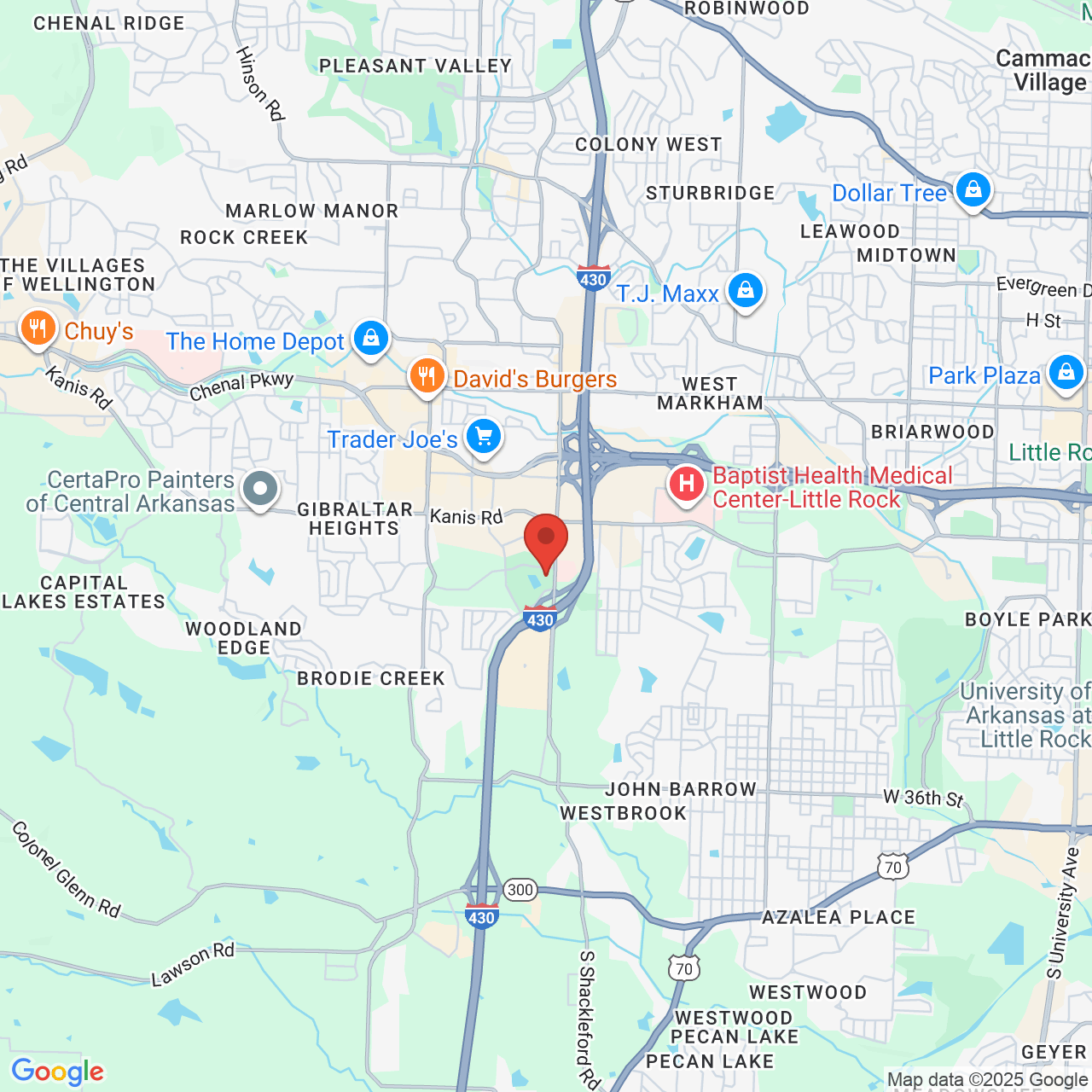How Smoking Can Harm Your Plastic Surgery Procedure
Considering plastic surgery? Then you have probably been advised to stop smoking. Which is really good advice. But that doesn’t mean you can reach for a substitute. Nicotine comes in many different forms so don’t let them fool you! Nicotine gum, patches, snuff, chewing tobacco, cigarettes, pipes, cigars, and e-cigarettes/vapes have one thing in common: Nicotine.
PLASTIC SURGERY RELIES ON BLOOD SUPPLY
Many plastic surgery procedures involve reshaping or moving segments of tissues from one location to another, with the goal of improving appearance. For this to happen, a portion of the blood supply to the tissue must be cut by the surgeon, but not enough to cause problems. This is what takes place in a facelift, or tummy tuck, or breast lift and breast reduction procedures for example.
During these surgical procedures a portion of the blood vessels that carry blood to the area are severed on purpose. The remaining blood supply is more than sufficient under normal conditions, but become severely compromised in patients actively using nicotine-containing products. Smoking shrinks blood vessels and reduces the amount of oxygen that can get to your cells. Without this oxygen you will not heal well after your surgery. Thus it is critical that an adequate blood supply remains to the operated area to allow proper healing.
When most patients hear that they need to stop smoking, they respond with, “I will just switch to nicotine gum or a patch.” Even if you don’t smoke cigarettes, you are not off the hook if you switch to another form such as e-cigs. Because Nicotine is the culprit that causes the delayed healing, stopping all products that contain nicotine is the key to helping yourself achieve the best outcome.
Mixing nicotine with plastic surgery can result in some of these more common problems:
- Loss of cheek skin, nipples or tummy skin
- Infections
- Death of fat cells (fat necrosis)
- Delayed wound healing
- Thick, wide scars
- Blood clots, which can be fatal
- Increased pain
- Permanent small vessel damage adding risk even if you quit
- Life-threatening complications like stroke, heart attack, blood clots, and pneumonia.
If you smoke and you’re planning to have plastic surgery, quit. Dr. Michael Devlin recommends stopping six weeks before your surgery and six weeks following your surgery. However, forever is best!
Dr. Devlin believes your safety is the most important thing when considering a procedure and will nicotine test his patients before surgery, the day of their surgery, continuing throughout the post-operative period.
The risk and complications related to an elective cosmetic procedure while continuing to smoke far outweigh the benefits you could achieve. It is better to wait until you have been nicotine free the recommended time frame than to undergo a procedure where the results may not be what you expected.
Dr. Michael Devlin is committed to caring for the whole person by educating, nurturing and comforting in a safe professional environment. Contact us today with any questions!
501-227-8811


